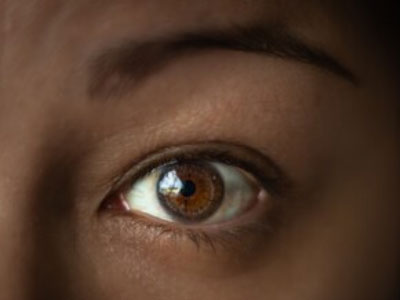Common Eye Disease
No matter how much care you take of your eyes, you will from time to time encounter some kind of eye problems. While some of these problems cause very little harm to the eyes, some may lead to permanent blindness. It is always advisable to consult the doctor.
Keratoconus

Keratoconus is a condition that results from an irregularly shaped cornea, which prevents light from focusing correctly on the retina. In keratoconus, the normally round cornea becomes thin and more cone-shaped, causing blurred vision and sensitivity to bright lights.
What Causes Keratoconus?
There is no known cause for keratoconus, although experts have theorized many causes, including preexisting medical conditions, heredity, allergies, and eye rubbing. It is a gradual, slow moving disease, which typically starts in the late teens to early twenties and may continue for several years.
Symptoms of Keratoconus
In the early stages, keratoconus may cause slightly blurred or distorted vision. As it progresses, vision may become more and more distorted and your eye glass prescription may change often.
An eye care professional can determine the presence of keratoconus using a slit lamp evaluation or by examining the surface of the cornea through corneal topography. Symptoms of keratoconus include:
- Distorted vision at all distances
- Glare
- “Ghost” images – the appearance of several images when looking at one object
- Multiple changes to eyeglass prescription
Treatment for Keratoconus
- In the early stages, contact lenses or eyeglasses are an effective treatment for most cases of keratoconus.
As keratoconus progresses, other treatments may include:
- Custom soft contact lenses: specially designed soft contact lenses to help correct keratoconus
- Gas permeable (GP) lenses: GP lenses to help correct for the irregular cornea by covering, or masking, it with the smooth outer surface of the contact lens
- Scleral contact lenses: larger diameter lenses that vault over the entire cornea
- Corneal cross-linking (CXL): UV light and eye drops used to help stiffen your cornea
- Eye surgery in the small percentage of cases that contact lenses cannot correct, surgical options are available to repair the irregular shape of the eye. However, laser surgery is not an option, as there is a high probability of further damaging the cornea.
Hours of Operation
MON – SAT
8:00am – 12:00 noon (By Appointment)
4:00pm – 8:00pm (Walk-In)
SUN
We are closed
Consultation Fees
Rs. 500/-
Stallard Eye Clinic
Drop Us a Line
Don't be shy. Let us know if you have any questions!
